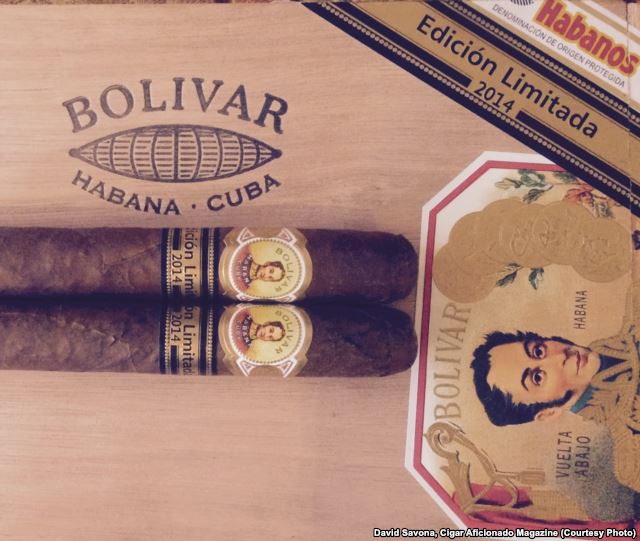Tampa’s Last Cigar Factory Ponders More Competition From Cuba Print

TAMPA, FLORIDA— Rising hopes that the half-century U.S. trade embargo on Cuba might be coming to an end are raising concerns for U.S. cigar makers who may face stiffer competition from Cuban cigar imports.
But the people who run the last major cigar factory in Tampa, Florida, say they have been making fine cigars for a very long time and expect to keep working far into the future.
The J.C. Newman cigar factory in the historic Ybor City neighborhood of Tampa is a ballet of complex old machines and deft hands, as 130 people make 60,000 cigars a day.
Some workers strip the stems out of tobacco leaves, while others trim a tobacco leaf with care to create the cigar’s skin. Meantime, noisy machines, some of them decades old, measure just the right amount of tobacco and roll the material into cigars.
US market
If the economic embargo ends, some Cuban cigar makers say they expect to take a quarter of the U.S. premium cigar market soon, and most of it in a period of years.

If that prediction comes true, it might be a problem for the J.C. Newman factory.
However, company Vice President Shanda Lee said the company will continue to be successful, with a blend of old technology and innovations in farming and manufacturing.
“J.C. Newman Cigar company already sells in 83 countries, so we’ve been competing against Cuban cigars outside of North America for quite some time now," Lee said.
She said advances in manufacturing, agriculture and tobacco aging mean Newman cigars are as good as many of the cigars being exported from Cuba now.
Small-scale producer
While Newman is the last major factory, Ybor City also is home to small-scale producer Tabanero, where skilled workers hand roll 500 cigars a day. It has some customers from outside the United States who are not hampered by the embargo, and know Cuban cigars very well.
According to Tabanero's Jim Collins, his foreign buyers like Tabanero’s price and flavor.
“Wow, $25 for a cigar, a Cuban cigar? Or I can be here at Tabanero and spend $8 to $10 on a great tasting cigar also," Collins said.

David Savona, executive editor of Cigar Aficionado magazine, said the Cuban products are very good, but that blind taste tests show some cigars from other nations can be as good as the highly regarded Cubans.
Savona called forecasts that they will soon capture most of the U.S. market "unrealistic."
"The Cuban cigar industry would certainly like to take a piece of the U.S. market. They’re eager, and the U.S. market is the world's largest cigar market, and they've been denied that market for more than 50 years," he added.
But "ramping up production in cigars is difficult. It's hard to do it quickly," Savona said.
Learning to roll cigars takes time and training, and Cuba's tobacco crop has been hurt by some recent foul weather. Rushing the process could hurt the product and its reputation.

Tampa's historic Ybor City once was the cigar capital of the world.
Savona said in 1929 the neighborhood's factories turned out an astounding 500 million cigars.
History of area
Historian and blogger Tom Ufer said it started in the late 1800s when industrialist Vicente Martinez-Ybor moved his operation here from Key West, Florida, in search of land and labor.
Previously, the Spanish-born entrepreneur operated in Cuba.
Eventually, many other cigar makers built factories here. Most are gone, though Ybor's building survives.
Ufer writes for Cheaphumidors.com, and says economic problems, including overseas low wage competition, pushed business out of Ybor City.
“It was cheaper to move to the Dominican Republic or Honduras or Nicaragua and make cigars there with local labor," he said.
Foreign competition may be one issue here again, but J.C. Newman's Lee said U.S. taxes and regulations are a bigger threat to her firm than Cuban exports are likely to be.
Политика конфиденциальности | Правила пользования сайтом








